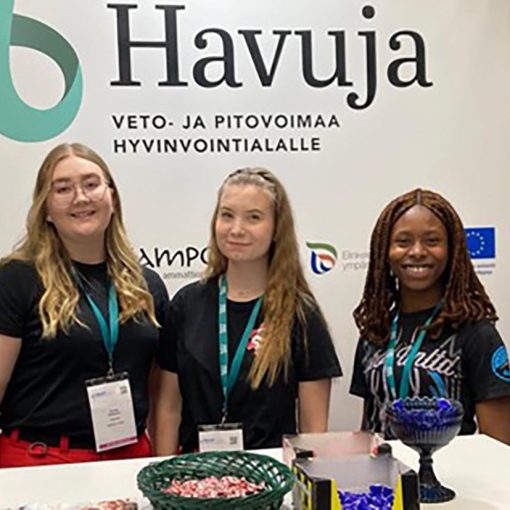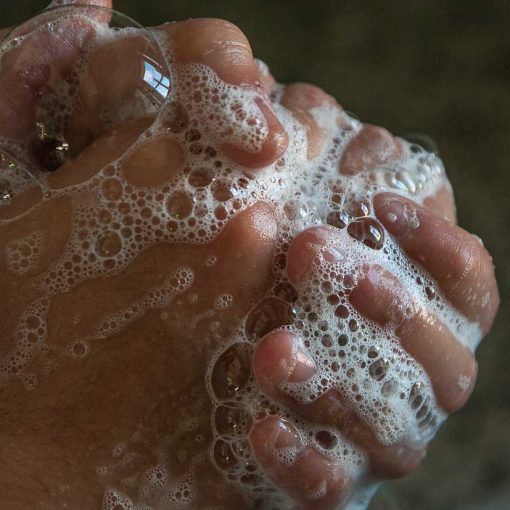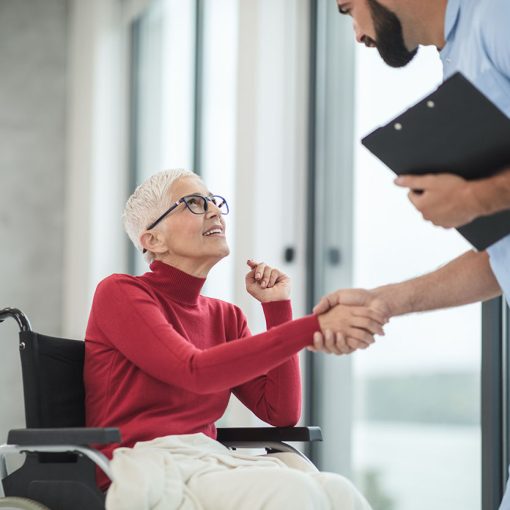ACTIVE ID (Activating Citizens Towards healthy lifestyles In Vital EU-regions with Innovative Data-driven solutions) project aims at providing holistic support to Sports & Leisure (S&L) small and medium-sized enterprises (SMEs) by strengthening regional innovation ecosystems, enhancing the measures for boosting innovation capacities, and facilitating digital & green upskilling to ensure their competitiveness and adaptability. (ACTIVE ID 2024)
Building on the joint interregional learning process, the project partners will improve 5 regional policy instruments that have potential to promote S&L cross-sectoral multi-stakeholder innovation in their regions and upgrade SME support mechanisms. This process will be supported via intensive thematic learning, entailing project partners participation in study visits, deep-dive sessions, masterclasses, and peer-reviewing. (ACTIVE ID 2024)
ACTIVE ID consortium covers 5 EU regions of varying levels of regional development and state of S&L industries: Päijät-Häme (FI), Castilla-La Mancha (ES), Dalarna (SE), North Brabant (NL), Vratsa (BG). LAB University of Applied Sciences is project’s lead partner. (ACTIVE ID 2024) Because of this, the kick off and the first study visit were organized in May in Päijät-Häme, Finland.
Study visit in Päijät-Häme
Study visits are a core driver of interregional learning allowing partners to explore each region’s contexts and good practices. Each region hosts a study visit during the first two years of the project. Study visit will provide practical insights into efficient measures for enhancing regional sports and leisure industries.
With each study visit there is an organised back-to-back deep dive session (DDS). This is a technique used to rapidly immerse problem solving or idea creation and is often used for brainstorming product or process development (Palmeri 2017). DDS allows in-depth exploration of the regional case studies, helping partners to jointly brainstorm solutions to regional challenges. The DDS during the study visit in Päijät-Häme was divided in two – first part was on-site groupwork, and the second part is implemented as a survey, where everyone provides individual feedback about their experiences in the region.
The study visit also included a day for touring the region’s operations and meeting with actors in the S&L sector on-site. In Päijät-Häme we visited Pajulahti Sports Institute, Lahti Regional Development LADEC Ltd and LUT Universities.
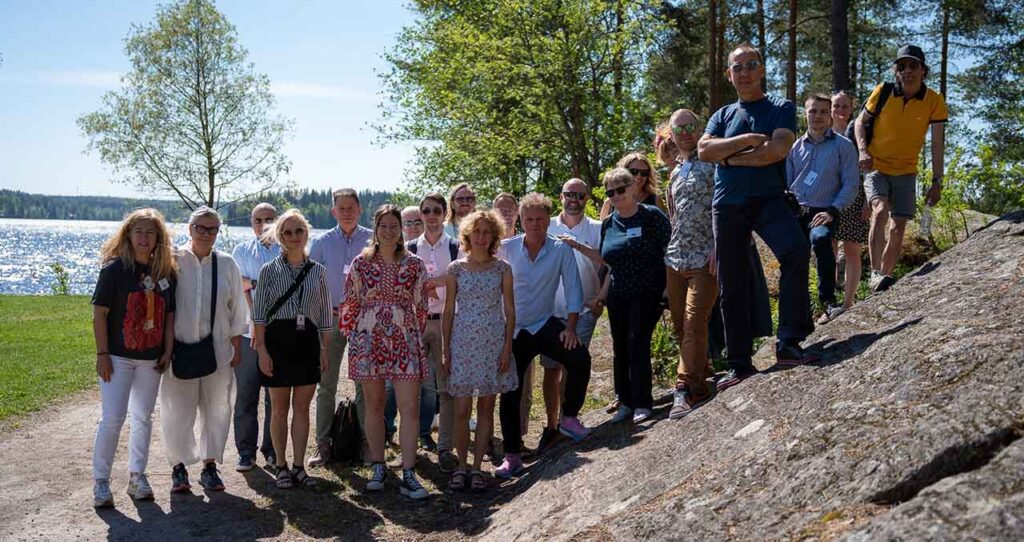
No business without pleasure
The study visit program also included freer socializing in the form of e.g., cruises, nature hikes and Motonet GP athletics competition. All programs were strongly linked to the activities of the S&L sector. These programs created platforms for joint discussion and exchange of ideas and experiences.
All in all, the study visit set a model for methods of operation and cooperation for the project partners, so that the following study visits also function as effective platforms for joint learning and development.
Authors
Sanna Kangas is a senior lecturer at LAB University of Applied Sciences Health unit and works as an expert in the ACTIVE ID project.
Kirsi Kiiskinen is a RDI-specialist at LAB University of Applied Sciences Health unit and works as a project manager in the ACTIVE ID project.
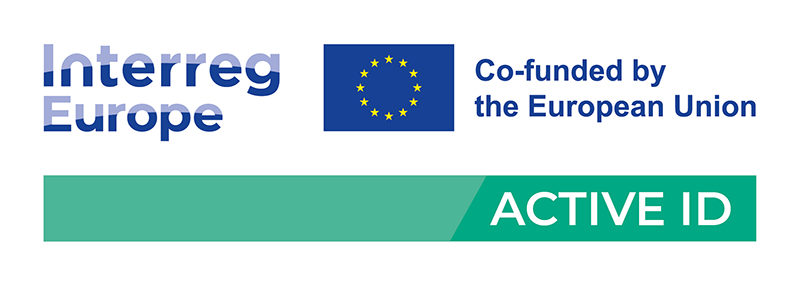
References
ACTIVE ID. 2024. Activating Citizens Towards healthy lifestyles In Vital EU-regions with Innovative Data-driven solutions. Project website. Interreg Europe. Cited 3 June 2024. Available at https://www.interregeurope.eu/active-id
Palmeri, E. 2017. What is the DeepDive Brainstorming technique? The Blog of Innovation. Cited 3 June 2024. Available at https://blogofinnovation.wordpress.com/2017/06/09/what-is-the-deepdive-brainstorming-technique/

